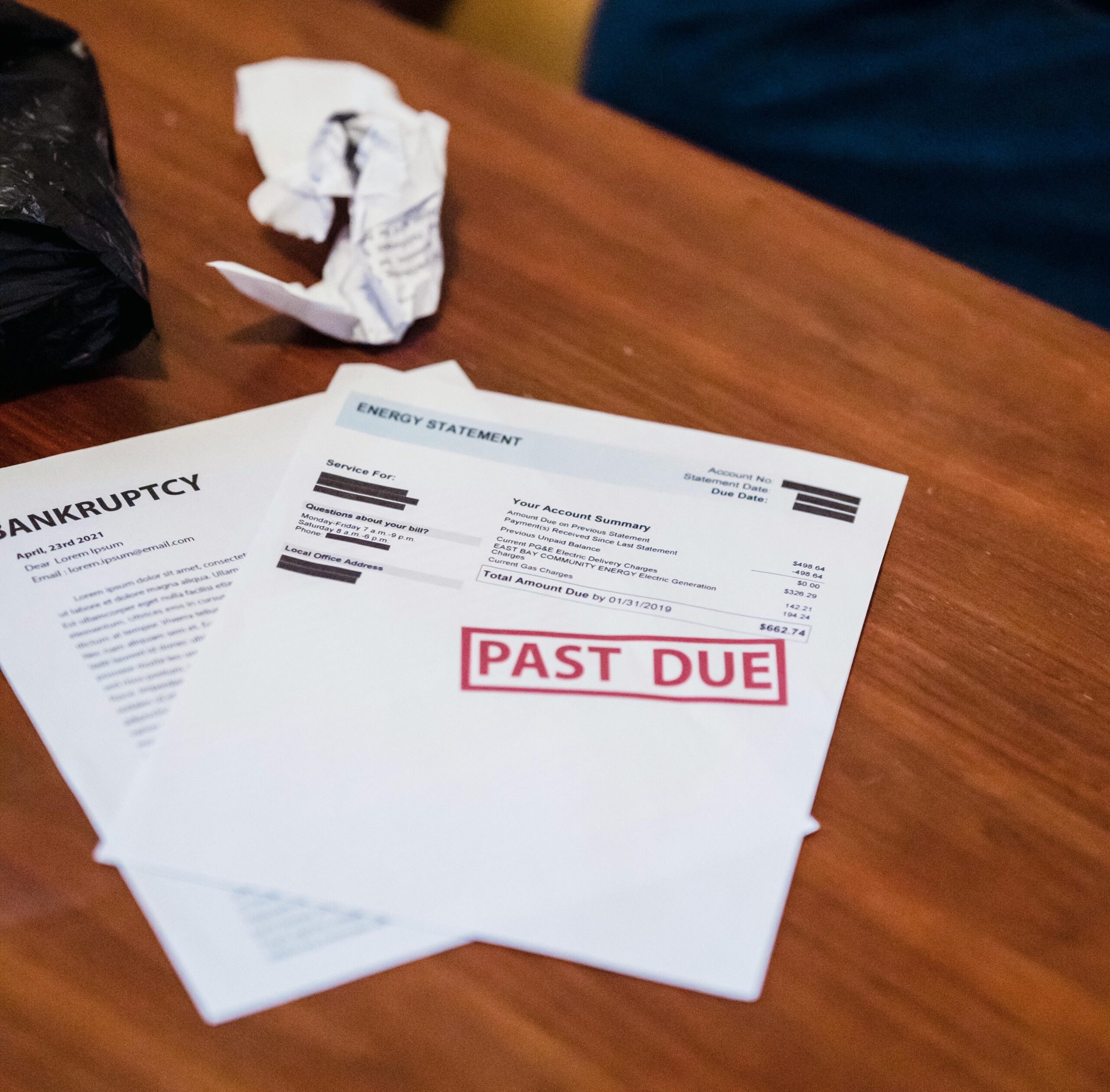DebtDefend's Official Blog
The Authoritative Destination for DebtDefend News, Promotions, Education, and More.
Student debt is a significant financial burden for millions of Americans, with total U.S. student loan debt surpassing $1.7 trillion in 2023. For many, this debt can take decades to repay, causing long-term financial stress and limiting life choices such as home ownership, starting a family, or even pursuing further education. While paying off student loans is a reality for most borrowers, there are several options to get this debt discharged or forgiven under certain circumstances. Knowing these options can make a difference for those struggling with the weight of student debt.
When a person passes away, their debt and property become part of their estate—the sum of all their assets, debts, and personal belongings. How this estate is managed, including the repayment of any outstanding debt and the distribution of property, depends on a variety of factors such as the type of debt, state laws, whether there is a will, and the presence of any beneficiaries. This article will explain what typically happens to debt and property after death, and how survivors can manage the process.
Debt can be a heavy burden, but understanding your rights and options can help you manage it more effectively. Mississippi law provides various protections for consumers dealing with debt, and knowing these laws can empower you to take control of your financial situation.
In a move aimed at alleviating the financial burden of medical debt, ProMedica, a prominent healthcare provider in northwest Ohio and southeast Michigan, announced a significant initiative. Partnering with RIP Medical Debt, a nonprofit organization specializing in debt relief, ProMedica will eliminate a staggering $222 million in medical debt for over 108,000 individuals.
Debt can feel like a labyrinthine maze, with dead ends and confusing turns at every corner. In Michigan, navigating this maze doesn't have to be a solitary struggle. State and federal laws act as guideposts, helping you understand your rights and avoid unfair debt collection practices. This article serves as your roadmap, equipping you with the knowledge and resources necessary to navigate Michigan's debt collection landscape with confidence.
Debt can be a complex and overwhelming issue, but having a clear understanding of the laws that govern debt collection can help consumers navigate their financial obligations more effectively. Louisiana, like other states, has specific regulations that outline how debt collection should be conducted and provide protections for consumers. This article explores the key aspects of debt laws in Louisiana and highlights important resources available to residents.
Debt collection agencies are undergoing a digital transformation, embracing Artificial Intelligence (AI) to streamline processes and potentially improve recovery rates. From tracking down debtors to negotiating settlements, AI is poised to revolutionize the industry. However, concerns linger about potential bias within algorithms and the loss of human empathy in a traditionally sensitive area.
Debt can be a stressful burden, and navigating the legalities of debt collection can add another layer of complexity. If you're facing debt collection in Iowa, it's important to understand your rights under state and federal law.
This article provides an overview of key debt collection laws in Iowa and resources to help you manage your debt situation.
The Consumer Financial Protection Bureau (CFPB) has shaken up the credit card industry with a new rule slashing late fees from an average of $32 to just $8. This regulation, set to take effect on May 14, 2024 (Note: The rule is currently stayed due to ongoing litigation), aims to save American consumers billions annually. However, the move has ignited legal challenges and sparked debate about its long-term impact.








